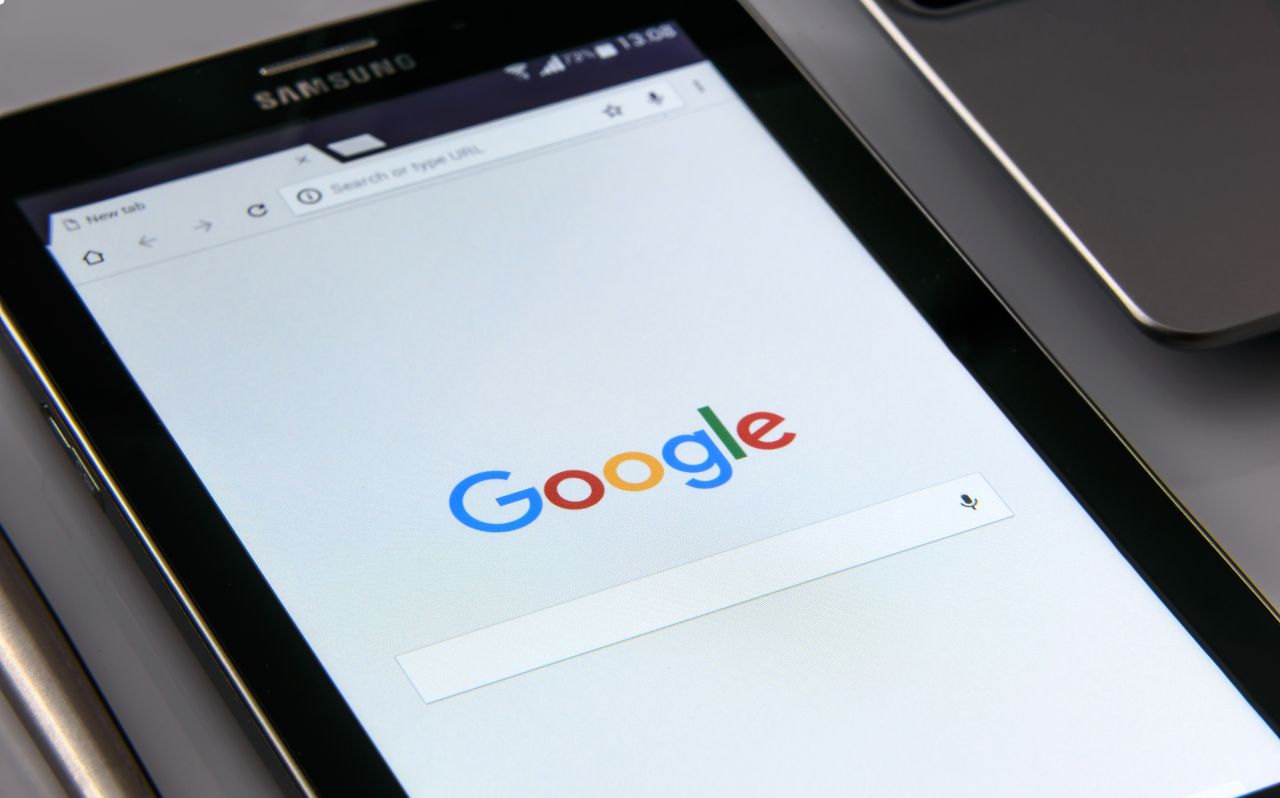

Published on Aug 15, 2022
Two economists today argued over whether UnitedHealth Group (UNH) would be more likely to mine valuable health insurance claims data if the company completed its proposed $7.8 billion Change Healthcare (CHNG) acquisition.
This morning in federal court, Kevin Murphy, a University of Chicago economics professor, said UnitedHealth is a vertically integrated company with a good track record of safeguarding competitively sensitive information.
The company could expand its successful firewall policies to protect the health insurance claims data that flows through Change’s Electronic Data Interchange (EDI), said Murphy, who appeared as an expert witness for the defense.
“This is already a vertically integrated firm that already has a firewall, and in a sense we already have a market test to show it’s successful,” he said.
He challenged DOJ’s assertion in its suit to block the transaction that UnitedHealth, which runs UnitedHealthcare, the No. 1 U.S. health insurer, would have the incentive to tap into the claims data to gain insight into rivals’ policy designs and strategies. Many insurers and health care providers use the EDI clearinghouse to send each other the claims information.
But in the afternoon, Gautam Gowrisankaran, a Columbia University economics professor testifying as a rebuttal witness for DOJ, insisted that UnitedHealth’s current handling of insurers’ data isn’t indicative of its post-merger behavior.
“We can’t simply look at [the company’s] past behavior to know how it will act in the future,” he said.
Gowrisankaran’s remarks built upon his statements last week that the transaction would result in less innovation by health insurers fearful of trying new approaches, products and services that UnitedHealth could glean from the data.
The economists’ verbal duel concluded two weeks of testimony in the trial on DOJ’s suit; in the Washington, D.C. courtroom, the government has tried to use the words of customers, executives at the merging firms and expert witnesses to portray the deal as anticompetitive. Lawyers for the company attempted to counter that perception by characterizing DOJ’s suit as an overreaction to concerns that could be addressed by relying on data-safety protocols and divesting Change’s claims-editing software business to eliminate a horizontal overlap.
The attorneys defending the deal have emphasized that UnitedHealth’s firewall policies currently safeguard rival health insurers’ data from being shared between UnitedHealthcare and OptumInsight, UnitedHealth’s data and services unit. Breaching those protections would conflict with the company’s culture and violate customer contracts, they’ve said.
Murphy said that UnitedHealth businesses reliant on rival health insurers, such as OptumInsight and pharmacy benefit manager Optum, would suffer if the company misused consumers’ competitively sensitive information.
With the acquisition, the volume of data would increase, but so does UnitedHealth’s incentive not to cross rival insurers, he said, which are among Change’s largest customers.
“The quantification of [potential gains and losses from tapping into the data] would change post merger, but that doesn’t mean the pre-merger experience is irrelevant,” Murphy said. “It still tells you a lot about firewall policies and whether they work.”
Murphy said the vertical theory of harm Gowrisankaran outlined in his previous testimony ignores UnitedHealth’s largest profit opportunity—selling OptumInsight’s innovative analytical and other services to insurers.
The University of Chicago economist said Gowrisankaran’s conclusions are inconsistent with UnitedHealth’s practice of selling products and services to UnitedHealthcare competitors.
Changing incentives. But Gowrisankaran said that UnitedHealth’s incentives to gain access to the data would increase following the merger.
“The past is not prologue here,” he said.
Gowrisankaran has said UnitedHealth would be motivated to “steal” or “free ride” off the innovations of rival insurers.
“I found that it will be incentivized to develop firewall policies to use competitively sensitive information to learn about its rivals’ competitive advantages and use them in a way that would harm competition ultimately,” he said.
The economist said he agreed with Murphy’s statements that “misusing” competitively sensitive data would go against UnitedHealth’s commercial interests, particularly because it would violate legal standards, firewalls and customer contracts. But he said the antitrust violations nevertheless would occur completely within the confines of those legal and company standards.
Closing arguments are scheduled for September 8.